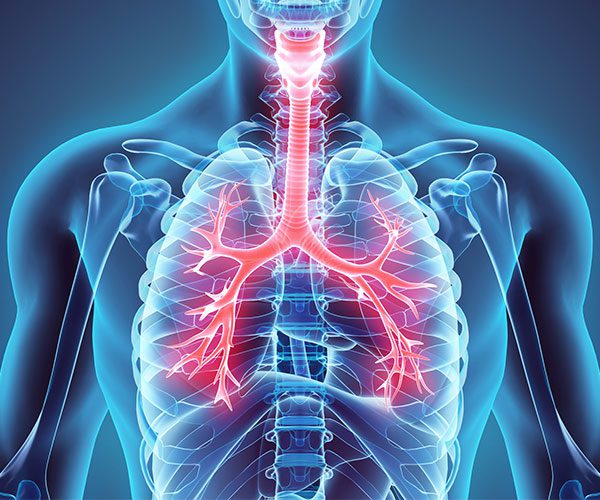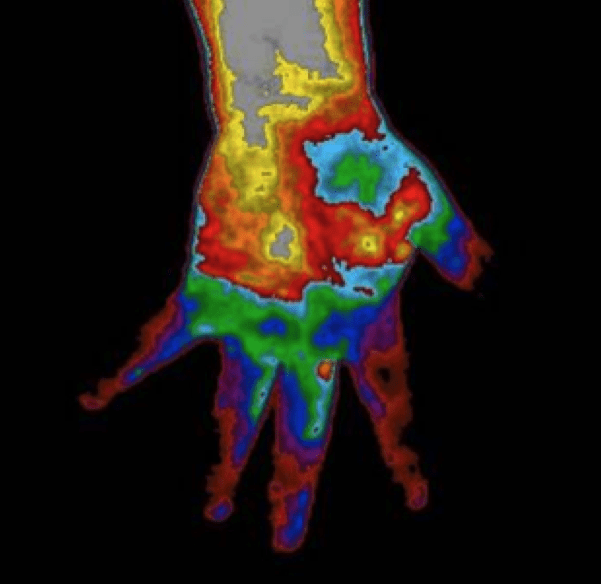Personalized Wellness
Dallas Health And Wellness Clinic
Discover Dallas’ leading health and wellness clinic! Explore personalized healthcare and achieve your wellness goals with us.




Full Range of Traditional & Holistic Health Services
Innovative Health & Wellness Group is a family medicine and wellness practice that focuses on using the best available traditional and holistic methods for your customized treatments. Emphasizing whole-body wellness and corrective care, we won’t just manage your symptoms, but work together to solve your underlying health problems.
Our doctors and practitioners are extremely passionate about providing safe, natural care for the whole body – whether you are an adult, child, or experiencing the effects of aging. We value educating our patients and providing clear communication regarding your medical condition so that you can understand your role in your overall health and determine the cause of your health issues.
Our Dallas-based staff includes medical doctors, nurse practitioners, chiropractors, and massage therapists – all designed to provide you the most compassionate and well informed care available.
what we can do for you

Functional Medicine

Thermography

Chiropractic Care


Treatments for Patients with Limited Time Available
Dr. Erin Van Veldhuizen’s Journey Towards Whole Patient Care

As a result, she started researching endocrinology and obtained a Diplomate in Clinical Nutrition and Diplomate from the Chiropractic Board of Clinical Nutrition.
Further study of the endocrine system revealed how intimately the nervous system is tied to all of the body systems, so she returned to school and earned her Diplomate in Chiropractic Neurology, enabling her to effectively identify and support all three major systems of the human body.
While studying endocrinology, she also studied women’s health, and learned about hormones and identifying hormone-related disorders. This opened another avenue to help women in need.
In order to expand her ability to offer comprehensive care for patients, Dr. Erin teamed up with functional medicine experts. In many medical practices, patients are just put on prescription medications to alleviate symptoms instead of fully addressing their primary concern. Innovative Health & Wellness Group offers all of these immediate medical support systems to patients, while also addressing their long-term health needs to improve their overall well-being.
The core of Dr. Erin’s practice is to restore all of her patients to the best health possible. She does so by identifying the cause of their symptoms and supporting the body’s different systems using natural remedies and medical intervention when needed, giving her patients a clear path to better health.
Our Dallas, TX Healthcare Services

Integrative Medicine

Thermography

Pain Management

Functional Neurology

Functional Nutrition

Holistic Healthcare

Functional Medicine

Chiropractic Care

Women’s Health

Natural Weight Loss


